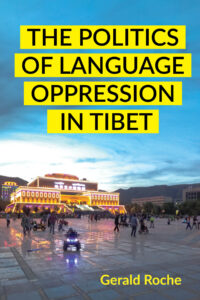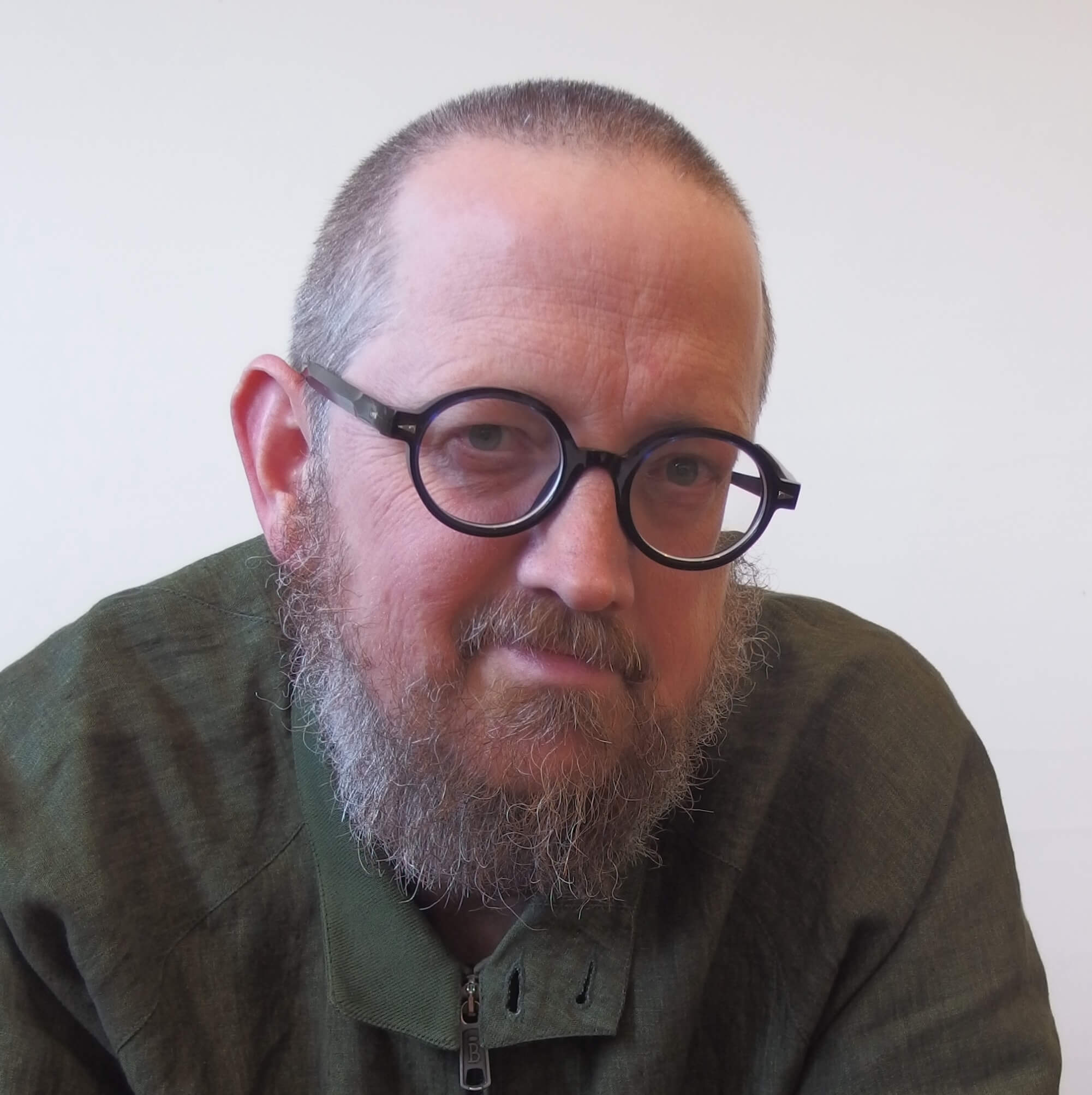This month’s Spotlight was contributed by Gerald Roche. He is a political anthropologist based at La Trobe University, Australia, and his work focuses on the intersections of language and power. He previously edited the Routledge Handbook of Language Revitalization, and he has recently published articles in Language in Society, State Crime Journal, and Emancipations: A Journal of Critical Social Analysis.
Language is literally a matter of life and death. This has been an important insight from my research over the past few years, and here I’d just like to map out some of the steps that brought me to this conclusion, unpack how and why language is a matter of life and death, and look at some new applications of this insight.
I first started thinking about these issues when I was living on the northeast Tibetan Plateau, in what is today the People’s Republic of China. Starting in 2009, and intensifying particularly in 2012, there was a series of self-immolation protests by Tibetans, where people set fire to their own bodies in protest against Chinese rule. As I explore in more detail in my new book, The Politics of Language Oppression in Tibet, many of the testimonies left by these protestors drew particular attention to suppression of Tibetan language as a motivation for their acts.
 Later, I came to realize that these Tibetans were not alone in enduring extreme pain and risk of death to protest in defense of language. Similar protests have also been carried out, for example, in Russia and India. This started me thinking about what it is that makes people willing to die for a language.
Later, I came to realize that these Tibetans were not alone in enduring extreme pain and risk of death to protest in defense of language. Similar protests have also been carried out, for example, in Russia and India. This started me thinking about what it is that makes people willing to die for a language.
My thinking around this issue is consolidated in an article published in Annual Review of Anthropology, titled ‘The Necropolitics of Language Oppression’ (necropolitics refers to the politics of death). The article looks at the way that the oppression of minority and Indigenous languages creates a heightened risk of premature death for the people who use those languages. This happens in two ways.
First of all, speakers of Indigenous and minority languages are often subjected to everyday forms of discrimination, ranging from verbal abuse and physical violence to disparagement humor, exclusion, and trivialization. We know from research on a range of marginalized groups that such discrimination creates chronic stress, leading to poor health, reduced well-being, and lower life expectancy. These effects are compounded by the exclusion of languages from crucial, life-sustaining institutions such as education, healthcare, and emergency services. This combination of discrimination and exclusion combine to create ‘slow violence’ against linguistic minorities.
Anyone wanting to explore these issues can also watch a presentation I gave on the topic last year for the Linguistics Justice Society.
Recently, I’ve started considering how this relationship between language and death might be relevant to my own life as an autistic person. In a blog post for Language on the Move, I related how autistic people have much lower life expectancy than allistic (non-autistic) people. Our difference from allistic people is also characterized in large part by our different communication style. One of the links between autistic communication and premature death, I argue, might lie in the way that our divergent communication style marks us out for violence: autistic people experience very high rates of violence across the lifespan, and I believe that this contributes to the alarmingly high suicide rates among autistic people that underlie our lower life expectancy.
I hope to continue working in this area, examining the political drivers that link language and death. I think that integrating these insights with broader literatures on health equity and the political determinants of health has the capacity to contribute to positive changes that will ensure that everyone has the chance to live a full, long life, regardless of the languages they use or the way they communicate.
